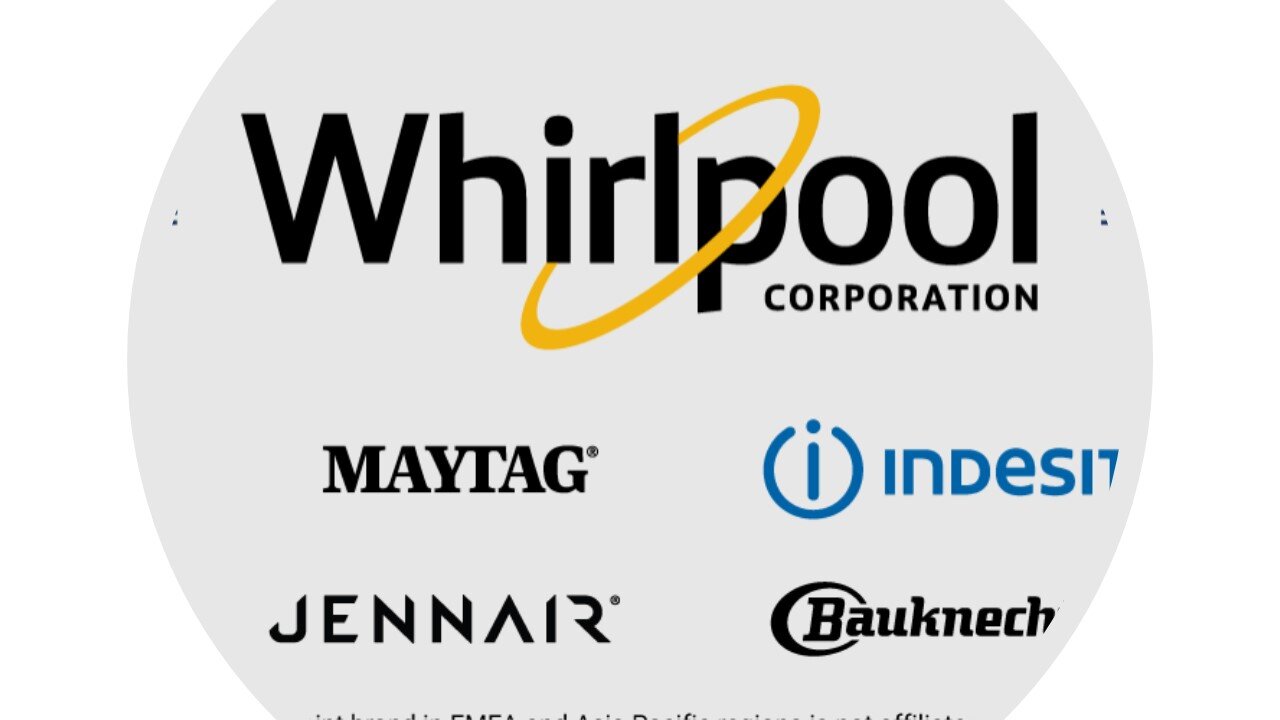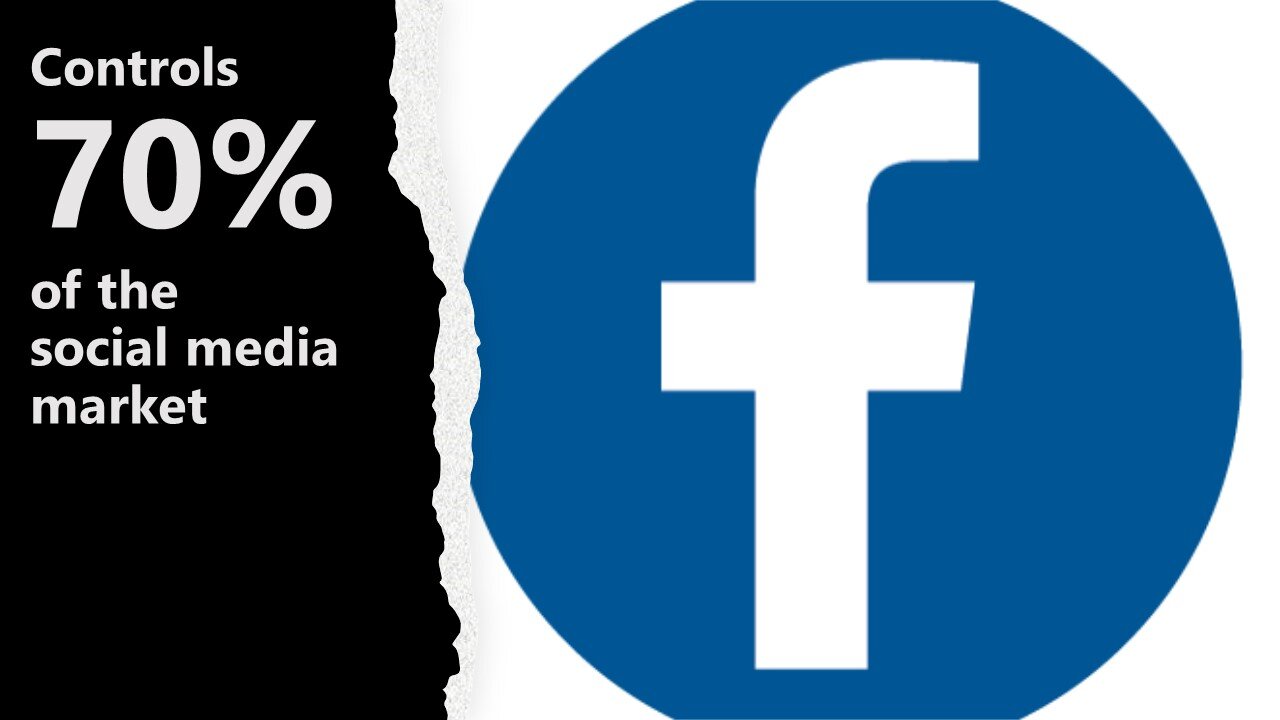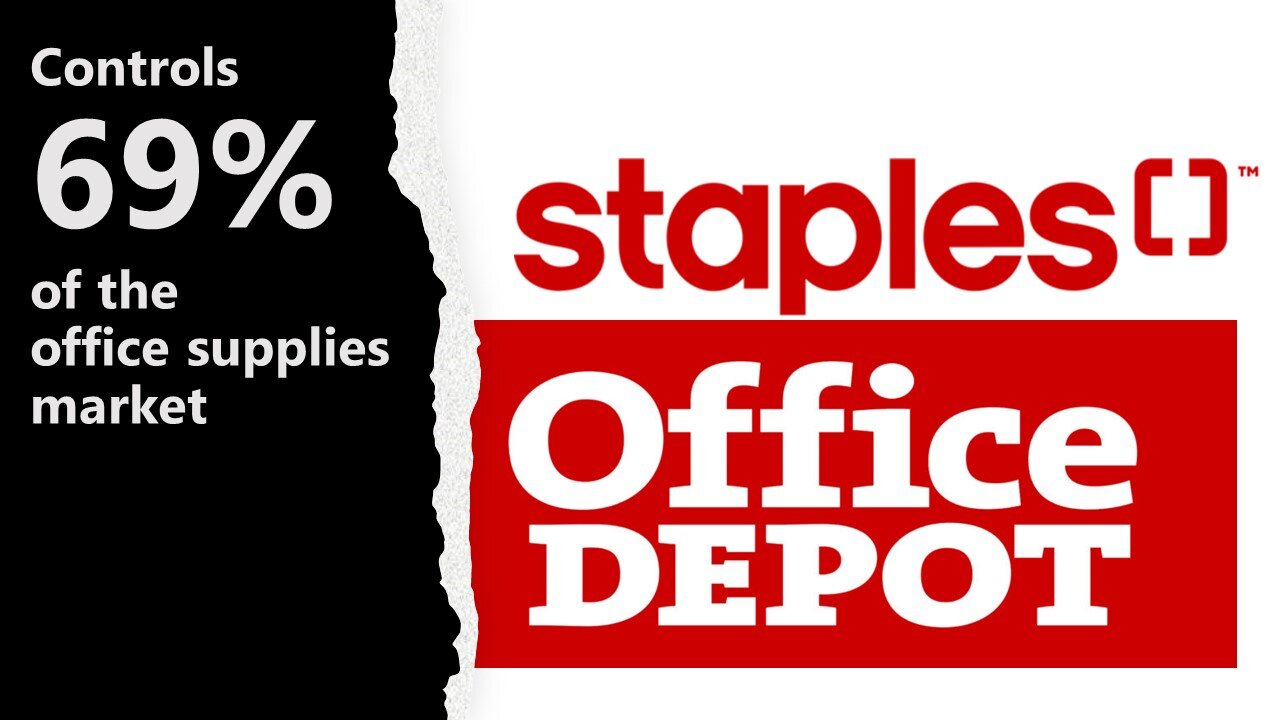From the moment we get up to the moment we go to bed, "monopoly man" is laughing all the way to the bank with our money. By eliminating competition, monopolies/oligopolies make extra profits by effectively owning the market. Economists call this "monopoly rents": "profits that don't represent returns on investment, but instead reflect the value of market dominance." Consequently, monopolies focus on defeating the competition instead of providing better products or services. No need to innovate. No need to compete on price. Just live large off the rent cheques. For example, the FTC and 46 states are going after Facebook because they accuse "the social-media giant of buying and freezing out small startups to choke competition."
What monopolies invade our daily routine?
When it comes to the daily routing, monopolies are involved in almost every moment of our lives:
Wearing Nikes during your workout? They control about 40% of the sports shoe market.
Used a Whirlpool/Maytag to dry your work clothes? 50-80% of the appliance market is controlled by them.
Using your phone, laptop or e-reader on the way to work? Consider:
Google dominates search at 90% of the market
Facebook has over 70% of the social media market.
Microsoft has over 75% of desktop OSes
Amazon controls 60% to 80% of the e-book market and 64% of regular books.
Cheating on your keto diet with Mars or Hershey’s chocolate bar? They control 75% of the candy market.
Buying colour pencils for the kids at Staples or Office Depot? They “control 69 percent of the entire office supplies market”
What's for dinner?
You and me. Right from the grocery aisle to the dinner table; monopolies are consuming profits:
4 companies control 57% of all poultry and 84% of all the beef eaten in the US
Top 5 grocery chains control nearly 50% of the US market
In Canada, 5 grocery chains control 62% of the market
Even the glass jars are controlled by a monopoly: Owens Illinois, “sells more than one in every two bottles in the world.”
How much money are they extracting?
As stated at the outset, monopolies can charge more because now they own the market. Competition ceases to act as a check to regulate the price. We saw this with Amazon, who hiked up prices for masks, sanitizer and toilet paper during the pandemic.
A couple of papers show how widespread the problem is.
In one paper, economists noted that mark-ups have risen from 18% to 67% between 1980 and 2017. The cause? They put it as "increase in average market power," which is "economist" for "market dominance" or monopoly power.
Another study found that "most mergers examined in the nine studies conducted over the past 22 years resulted in increased prices for both the merging parties and rival firms, at least in the short run." The paper cited how breakfast cereal cost about 2.6% more, while engine oil rose between 3.9% to 8.1%.
How should we think about monopolies?
Growing up in Toronto, there was a kerfuffle in the press when a television cable provider was taken over by Rogers and 'I thought, what's the big deal? It's not like we had a choice anyway'. My thoughts at the time are a good summary of how we've been socialized into thinking it's normal for private companies to be involved with the supply of societal necessities. We take it as a non-issue that mobile phone carriers, cable internet, airplanes, oil companies, and railroads are monopolies.
But is this the right way to think about this?
No, it isn’t.
Islamically, if something is a "natural monopoly," it's a good indicator that it should be commonly owned. These are things that require the use of the common lands, skies and waterways. Take something like cable internet/TV providers; their infrastructure must run through land that is commonly owned. Why else do they need permits from the government to run such cables? Same with cell phone service providers. The concept of common ownership is extracted from the following ahadith:
"The Muslims are partners in three, water, pastures and fire" [Ahmed, ibn Majah]
"Three are not prevented – water, pastures and fire" [ibn Majah]
Consequently, private enterprise should not be involved. Instead, the State should run it and distribute it to society. For example, during the pandemic, we can see the societal benefits of the Internet. As noted on CNN: "A Pew Research study published last June discovered a link between household income and home broadband services, as well as access disparities between people of different races and education levels."
On the issue of price, RasulAllah (saw) explained it is haram to restrict supply or drive up costs through monopoly:
"No one Monopolizes except a wrongdoer" [Muslim]
"Whoever strives to increase the cost (of products) for Muslims, Allah, the Exalted, will seat him in the center of the Fire on the Day of Resurrection." [Ahmad and al-Hakim]
The privatization of public property and price gouging are just two of the issues with monopolies. We will be exploring other problems and solutions in future posts.


















